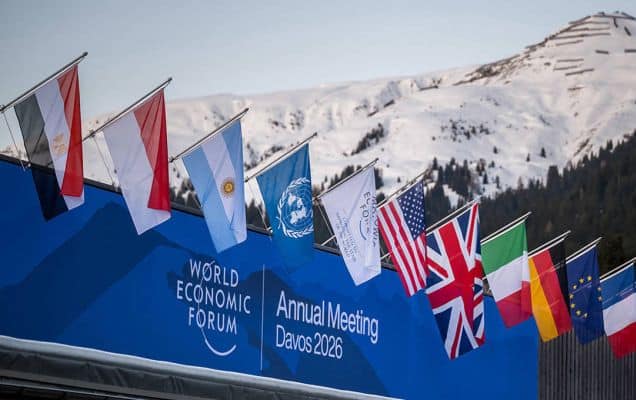At a time when tiger population is on the wane all over the country, the Asiatic lion count in its last natural habitat — the Gir jungles in Gujarat — has increased substantially.
Chief Minister Narendra Modi proudly announced on Sunday that the lion population in the Gir National Park and its surrounding areas has touched 411, a significant rise from the 359 in 2005.
Compared to 205 in 1979, the Asiatic lion population in Gir has doubled in 30 years to reach 411 in 2010, Modi said, commenting that it was Gujarat’s gift to the global community struggling to find ways and means to effectively conserve wildlife.
The lion census, called ‘population estimation’ by forest officials, is conducted every five years to assess the efficacy of the various conservation measures taken in the 1,412-sq-km protected area and adjoining places. This census was conducted in two phases, on April 24-25 and April 26-27.
Modi said the lion population had registered a growth of 13 per cent while, in the earlier census years, the rates of growth were only 5 per cent to 7 per cent.
Not only have the big cat numbers increased, certain other parameters have also shown positive trends that assure growth in numbers of the lions in future too. Nearly 40 per cent of the 411 big cats are in the ‘sub-adult’ category, equivalent of youth in humans.
“Just like India’s population, of which 40 per cent is youth,” quipped a quick-witted Modi.
Commenting upon the sex ratio of 162 females for 97 males among the adult lions in Gir, the Chief Minister remarked “human society can learn from the great pride of Gir lions”. Modi’s reference was to the skewed sex ratio in many parts of the country due to rampant female foeticide. The male-female sex ratio of 1:1.6 among the 259 adults and the 75 sub-adults soon to reach reproductive age are definite signals of further scope for population increase in the future, pointed out a Forest Department official.
Of the 411 Asiatic lions counted this time, 297 were inside the designated Gir National Park and adjoining areas while others were found in the neighbouring places of Girnar, Mitiyala and Paniya as well as in the coastal areas of Una, Kodinar, Sutrapada and Chhara. As many as 53 Asiatic lions have made their new habitat in far-off places like Savarkundla and Liliya in Amreli district and also in Bhavnagar.
Modi said lions had settled down peacefully far outside the sanctuary areas. It was a good sign of success of the conservation efforts, he added.
The Chief Minister attributed the rise in lion population to cooperation of the Maldharis, pastoral people who live in harmony with the big cats. The local Maldharis do not mind their cattle being occasionally killed by lions and are happy with a modest compensation, Modi said in praise of the pastoral people whose rehabilitation outside the national park had remained a contentious issue for long.
Another factor contributing to the rise in lion numbers was construction of parapet walls around village wells, which often proved to be death traps for cubs. “On an average, 10 cubs were lost every year after falling into wells, but erecting walls around these reduced such deaths to just one during the last year,” the Chief Minister added.
The incidents of adult males killing the cubs have also reduced due to the increase in female population, Modi said. In this regard, he quoted foresters who were witness to incidents of many lionesses teaming up to protect the young from the fury of angry lions.













